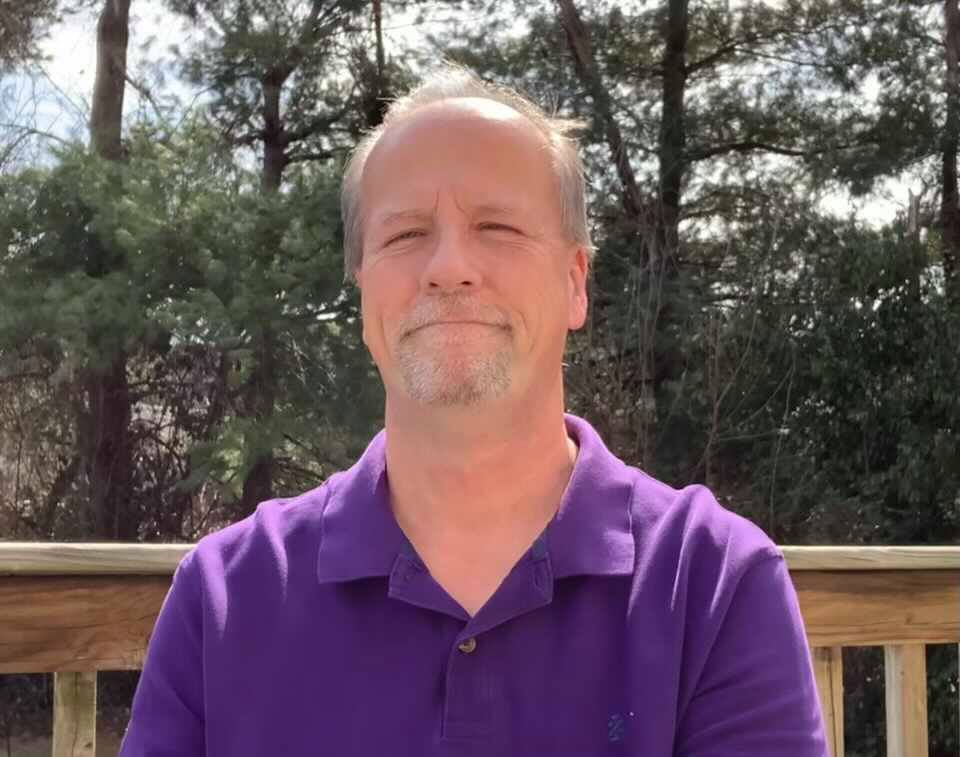This week’s guest post was written by Rev. George Love. George is a long-time friend of mine going back to seminary days. He is a husband, father and the pastor of Hebron Presbyterian Church in Shepherdsville, Kentucky. George appreciates the invitation to reflect on mental health in the context of our shared journey through the pandemic.
A year or so ago the planet got hit by a bus.
Everyone on the planet pretty much.
Usually when someone gets hit by a bus, it’s just one person. Everyone else sees how monstrously awful it is that this happened and people who weren’t hit by the bus do all they can to come to the aid of the person who was hit. That’s not universally true, but in large part there is truth to it.
So, the problem when everybody on the planet got hit by a bus was two-fold.
First, everyone got hit by a bus. That’s bad.
Second, all the potential helpers got hit by the same bus. Compounding the bad.
This has left everyone who has survived the past year exhausted. Most people don’t want everything done for them, but there is this part of us that is kind of wondering, “Where is the cavalry?” Except they aren’t coming, because…bus.
So we’ve navigated all of the regular unpredictable details of life in all of their mundane, glorious and potentially devastating complexity. And we’ve also been dealing with this bus thing. All of which is to say, if we had avoided giving much thought to mental health concerns prior to 2020, it’s a much smaller group of folks who aren’t fully aware of the fragility of our minds as we head into the spring of 2021.
We are discovering what folks who have been dealing with mental health issues have been telling us all along. The issues are everywhere and as a society we struggle to deal with providing help and resources and, in a lot of instances, even a basic understanding of what we are up against.
Perhaps one bit of good to come out of this may be an increased awareness of our need to do better. Maybe we will better prioritize mental health and well-being going forward. Maybe we’ll have a better understanding of how debilitating mental health challenges can be in putting one foot in front of the other day by day. Maybe we’ll move towards being more compassionate, more aware and more caring.
There is no silver lining really when a bus hits you. But maybe what doesn’t kill you doesn’t necessarily make you stronger. Maybe it makes you a bit more aware of your humanity and your relationship with all the other humans. That wouldn’t be a useless platitude. That would be welcome growth.







